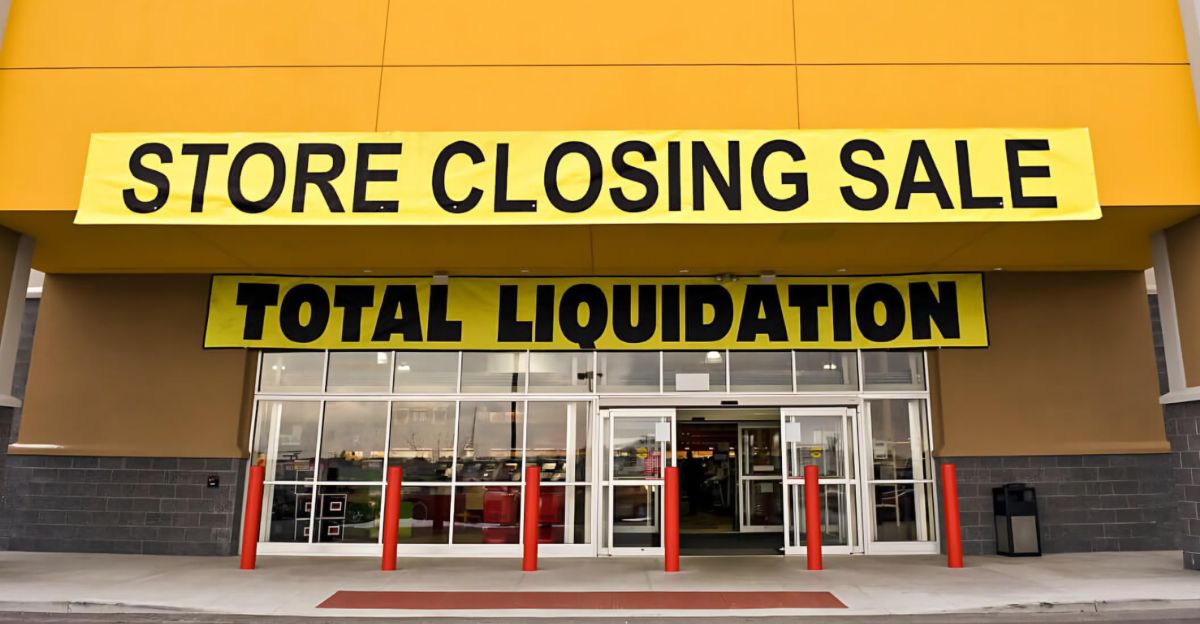
It’s not every day that a business older than sliced bread, and even the telephone, closes its doors. But after 159 years of service, a well-known hardware store that stood the test of time has announced it’s shutting down.
The news is sparking reactions nationwide, especially among loyal customers who grew up with it as a community staple. What happened?
A Longstanding Legacy
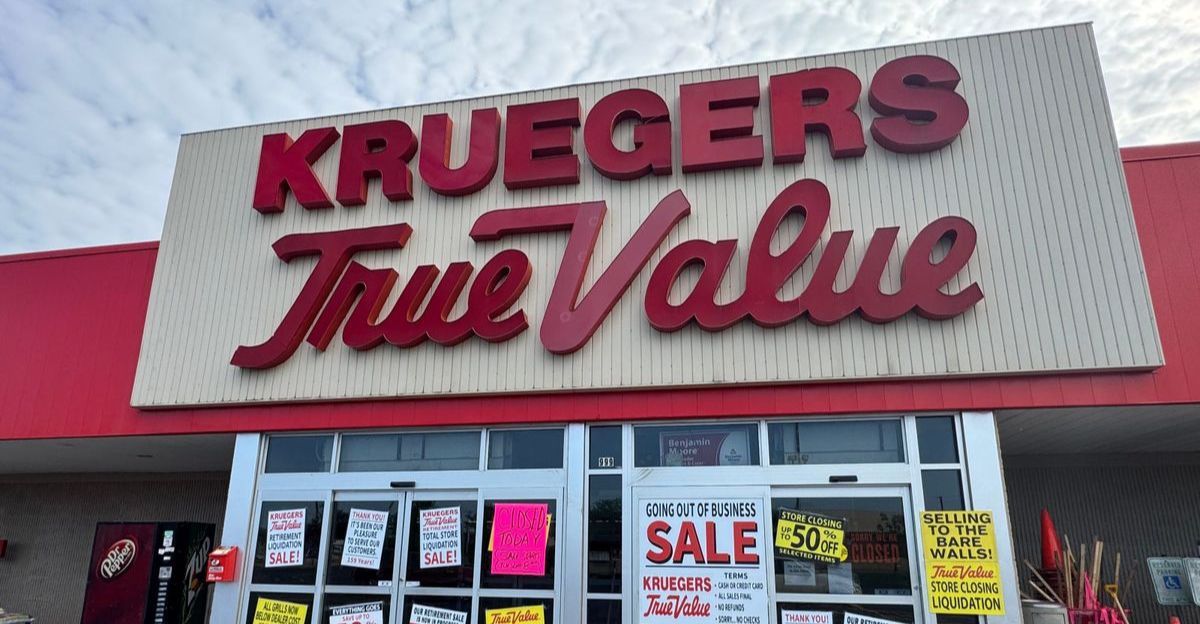
This wasn’t just any store. It opened shortly after the Civil War and made it through economic crashes, world wars, and retail revolutions.
Generations of a single family kept the doors open. Its closure marks more than the end of a store: it’s the end of a local institution.
Why Now?
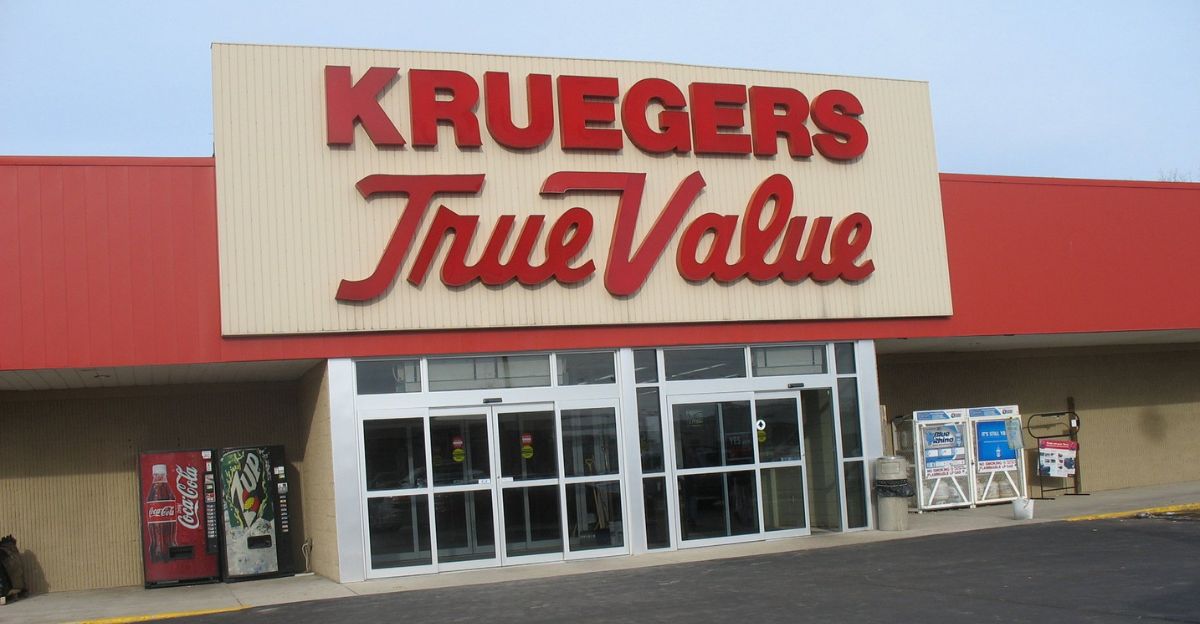
So what changed? Over the last few years, the landscape of home improvement retail has shifted. Fewer people are buying homes.
Mortgage rates are up. Renovation budgets are shrinking. And when fewer projects happen, hardware stores, especially smaller ones, feel the squeeze.
Bigger Players Take the Lead
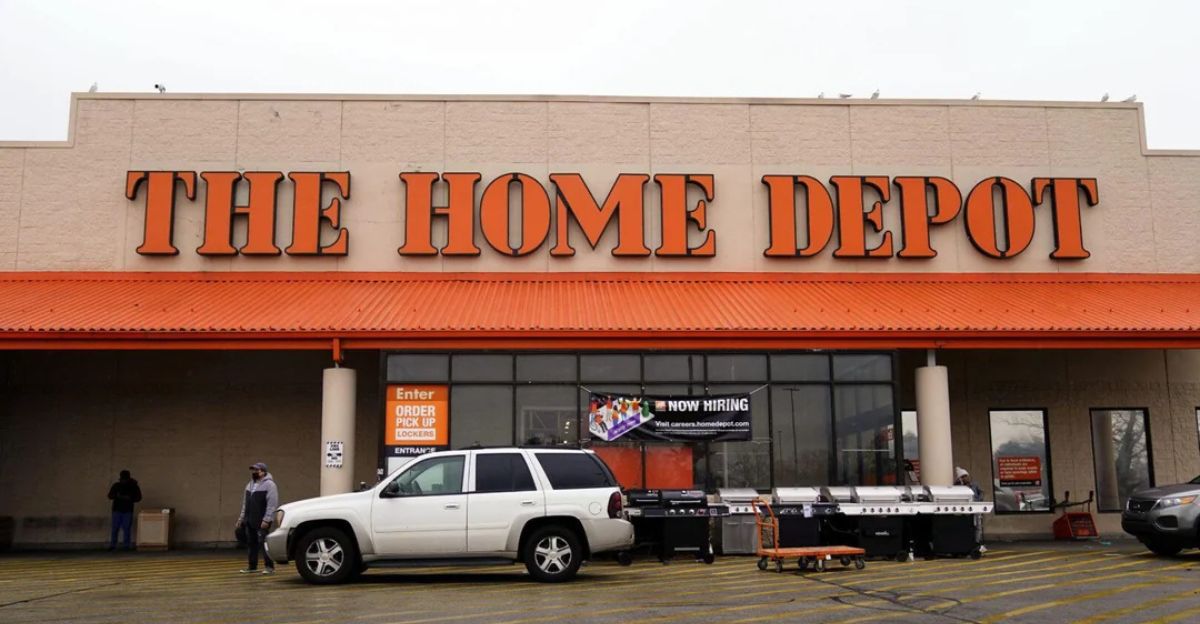
Home Depot, Lowe’s, and Amazon have tightened their grip on the market. In early 2025, Home Depot alone claimed over a quarter of all home improvement sales. That dominance leaves little room for local players to survive, let alone thrive.
Who Trusted Whom
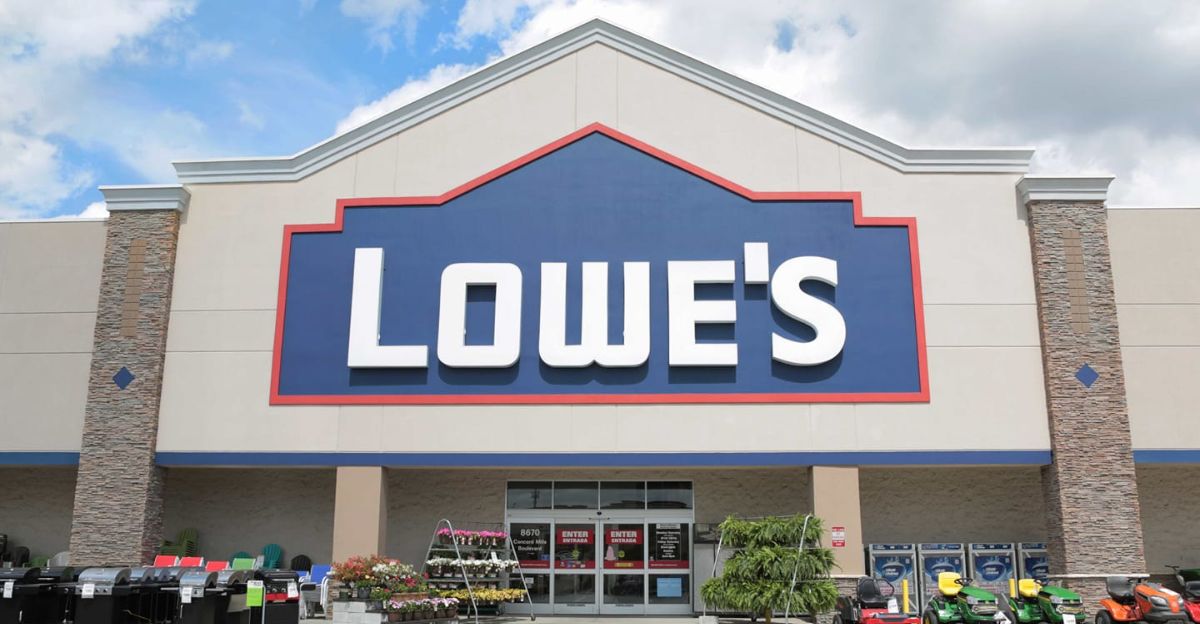
A recent study showed which brands Americans trust most in home improvement. Home Depot and Lowe’s took the top spots, while smaller players like True Value didn’t even rank. Brand trust influences where people spend, and the competition is fierce.
The Brand Behind the Store
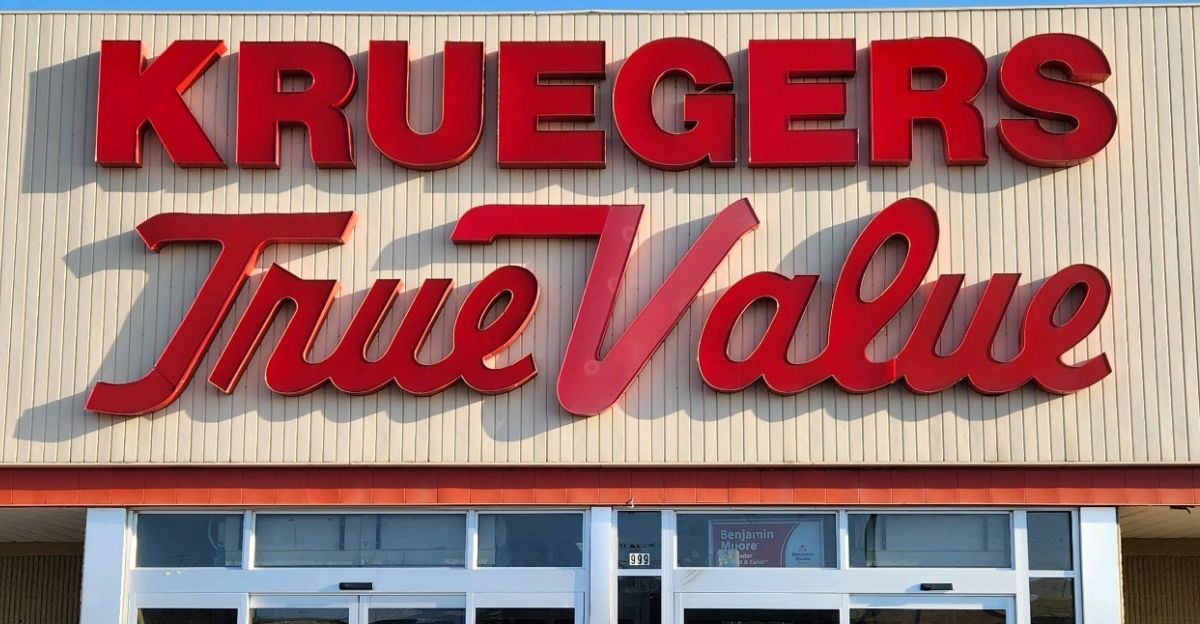
This 159-year-old store wasn’t operating on its own. It was part of the True Value cooperative, a group of independently owned stores sourcing products from a central supplier. The cooperative model offered support, but even that wasn’t enough.
A Quiet Bankruptcy

In October 2024, True Value Co. filed for Chapter 11 bankruptcy protection. It later sold its assets to another hardware cooperative, leaving many independently owned stores in a tough spot without a solid foundation to rely on.
The Store in Question
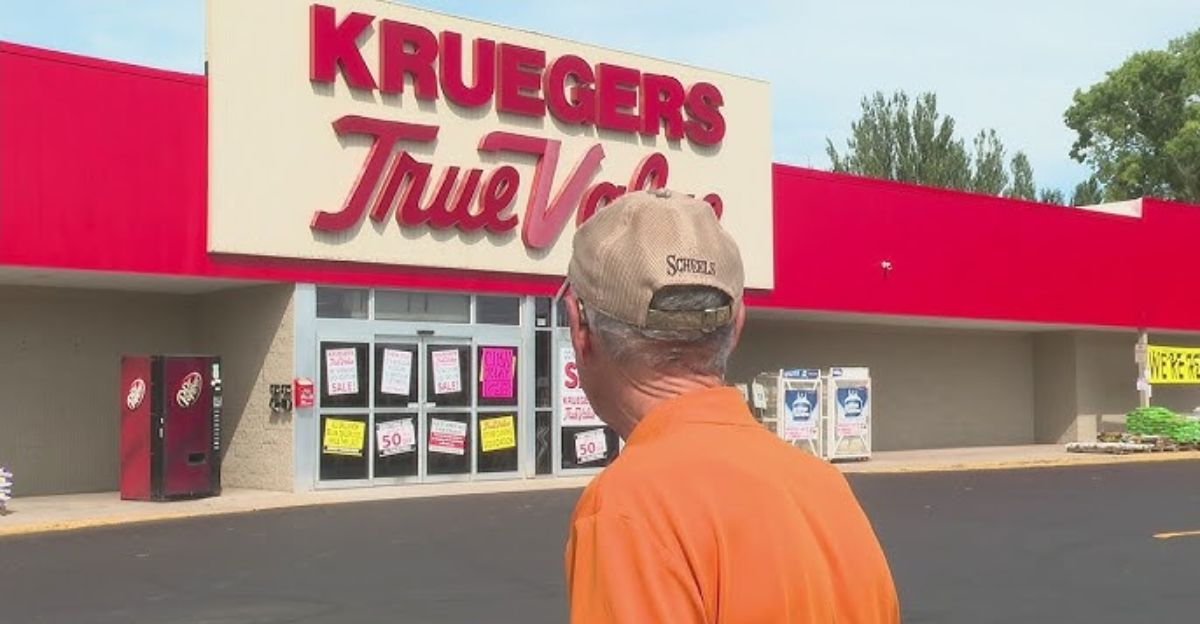
The store in the spotlight is Kreuger’s True Value, located in Neenah, Wisconsin. A part of the community since 1866, it has seen five generations of family leadership. Now, it’s preparing to shut down for good.
Attempted Sale Falls Through
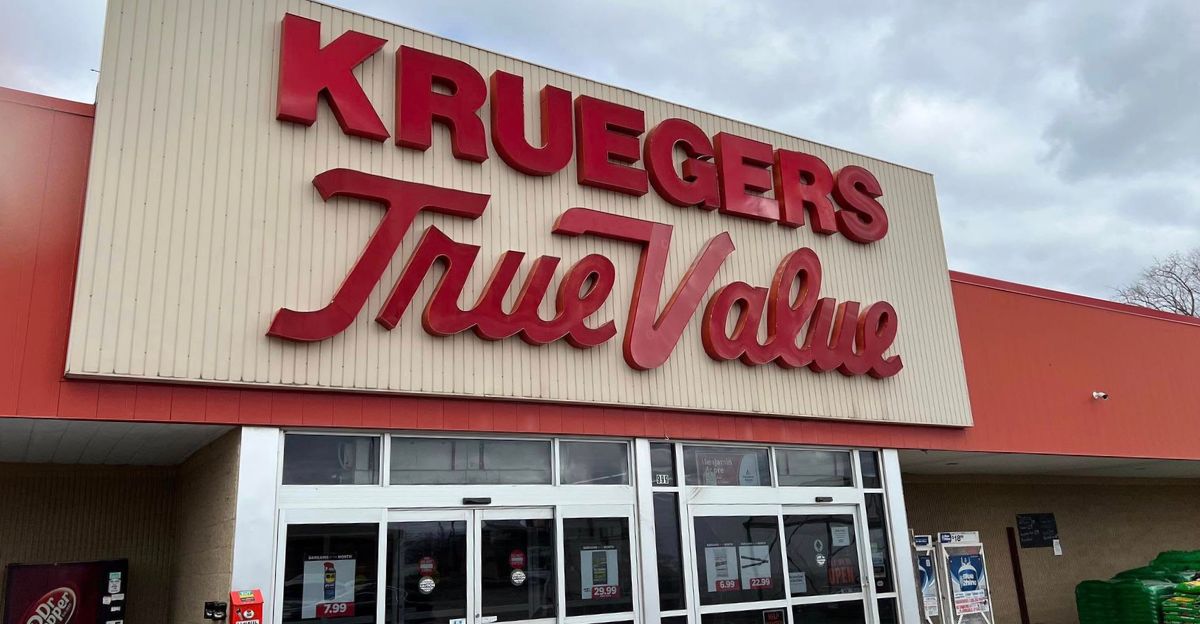
The owners, Jim and Brian Webb, planned to retire and initially tried to sell the store. But negotiations with buyers didn’t work out. No deal was reached. With that, the only remaining option was to liquidate and close.
Staff Let Go
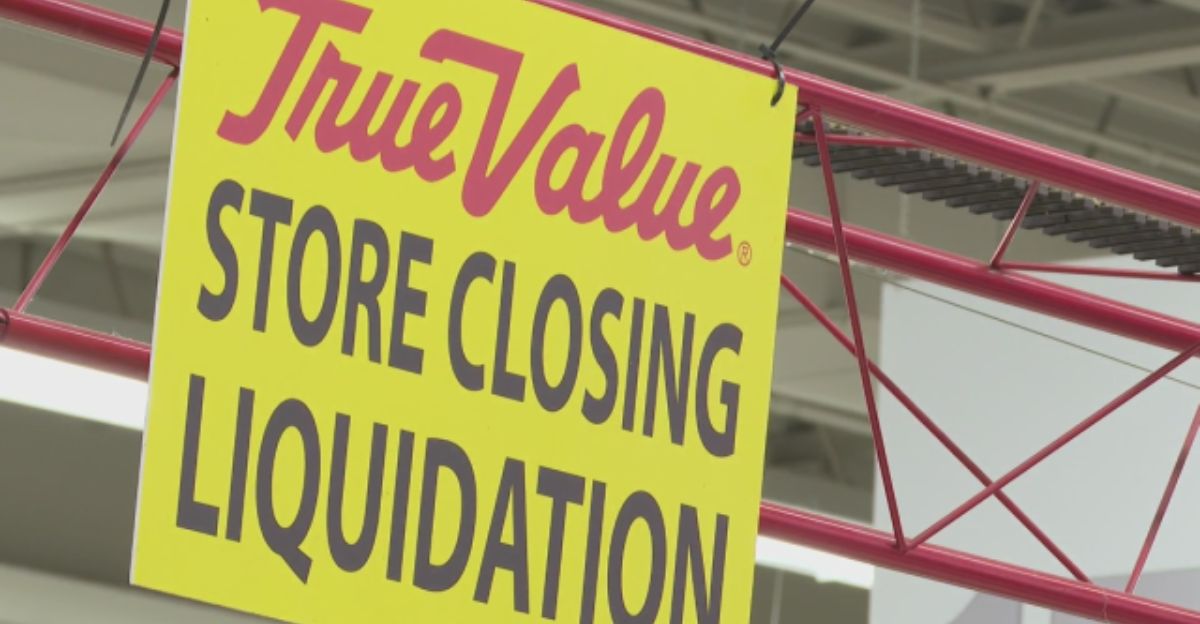
Kreuger’s sent a formal notice to the Wisconsin Department of Workforce Development in July, informing them of the closure. All 37 employees will be let go by the end of the liquidation sale, which is expected to take up to 16 weeks.
Community Impact
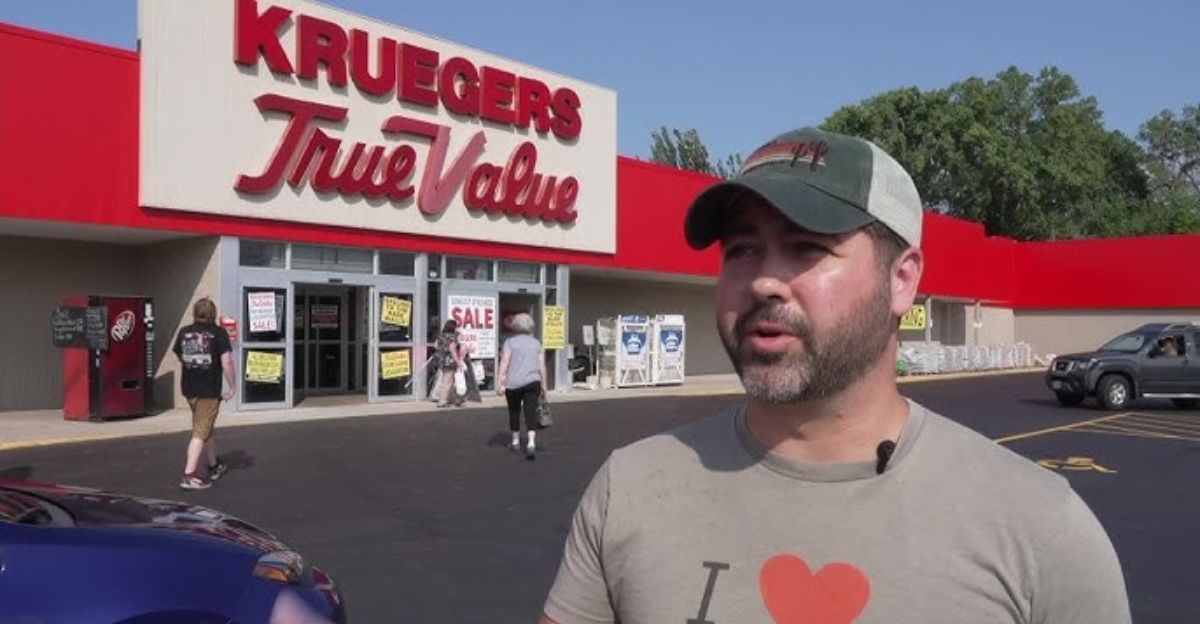
For many locals, Kreuger’s was more than a hardware store. It was a piece of history, a go-to for tools and advice, and a trusted neighbor. Its closure is another sign of how the retail landscape is changing, even in small-town America.
The Broader Pattern
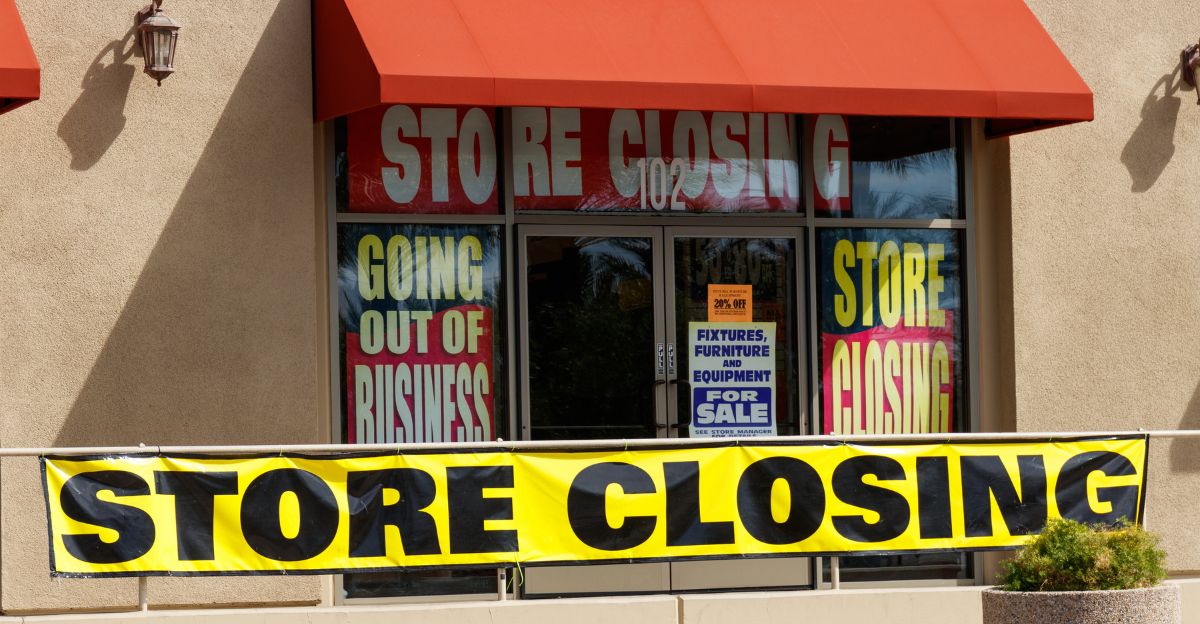
Kreuger’s is not alone. Several smaller hardware and home improvement stores have faced similar outcomes in the past few years.
Retirement, reduced demand, and competition from big-box chains have accelerated closures nationwide.
True Value’s Uncertain Future
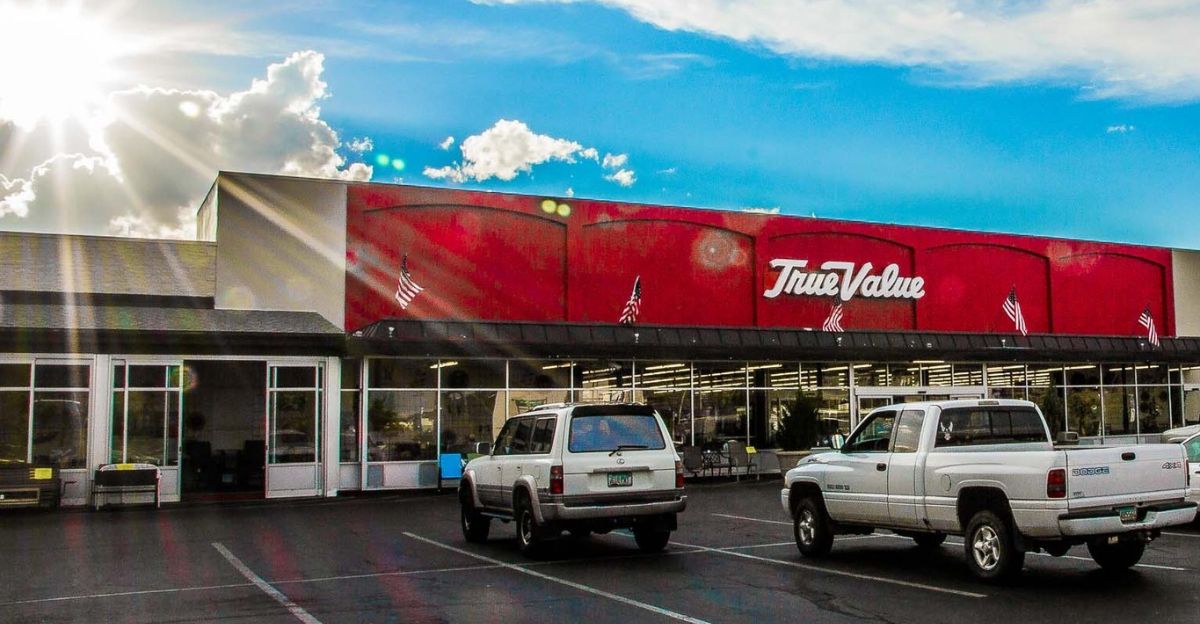
Though the True Value brand will continue under new ownership, many of its affiliated stores could face the same uncertainty.
The cooperative structure only works when individual stores can remain profitable, and that’s becoming harder to guarantee.
What It Means for Shoppers

This means fewer options and potentially higher prices for customers. Independent hardware stores often offer personalized service and niche products. Customers may be pushed toward standardized, less tailored experiences as they disappear.
A Final Farewell
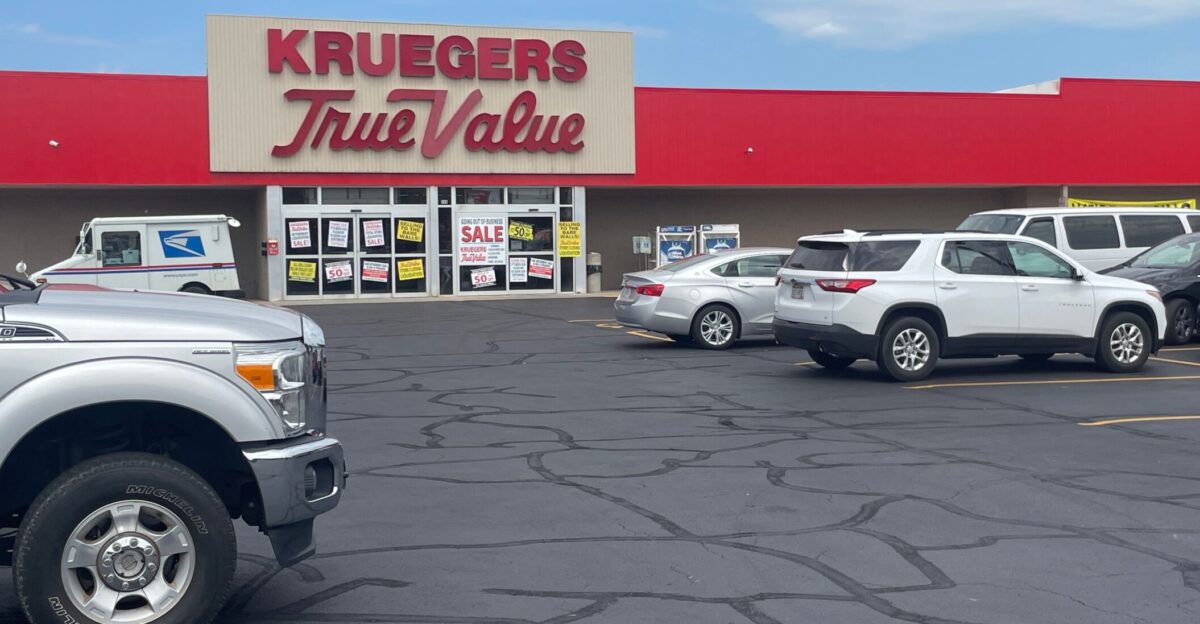
As Kreuger’s True Value begins its closing sale, it’s not just the end of a store. It’s the conclusion of a legacy that lasted nearly 160 years.
In an age of rapid change, this closure reminds us how even the most enduring institutions are vulnerable to shifting tides.
